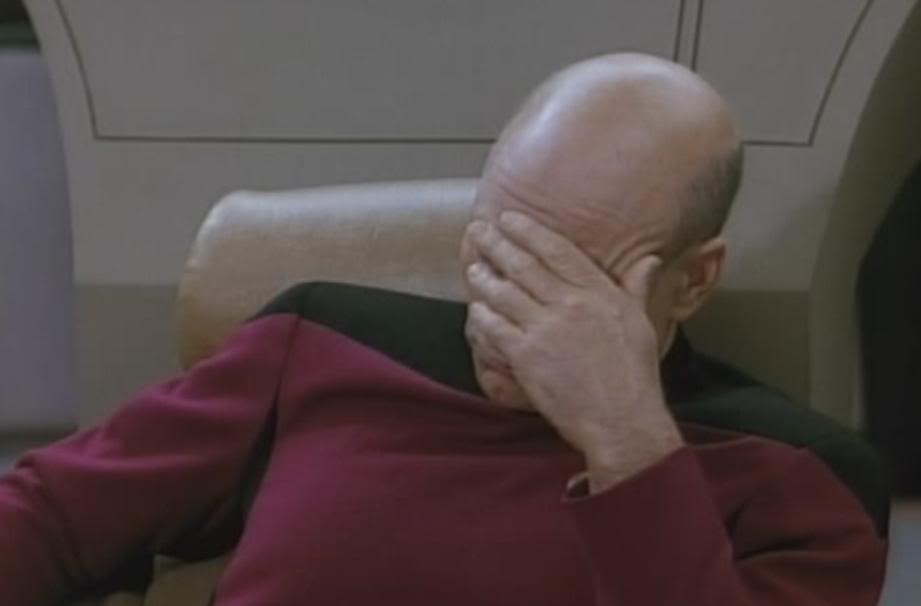Four-times-indicted former president Donald Trump has been successfully selling white Christian nostalgia, racism and xenophobia to his base. However, the Public Religion Research Institute’s massive poll of 6,616 participants suggests that what works with his base might pose an insurmountable problem with Gen Z teens and Gen Z adults (who are younger than 25).
Demographically, this cohort of voters bears little resemblance to Trump’s older, whiter, more religious followers. “In addition to being the most racially and ethnically diverse generation in our nation’s history, Gen Z adults also identify as LGBTQ at much higher rates than older Americans,” the PRRI poll found. “Like millennials, Gen Zers are also less likely than older generations to affiliate with an established religion.”
Those characteristics suggest Gen Z will favor a progressive message that incorporates diversity and opposes government imposition of religious views. Indeed, “Gen Z adults (21%) are less likely than all generational groups except millennials (21%) to identify as Republican.” Though 36 percent of Gen Z adults identify as Democrats, their teenage counterparts are more likely to be independents (51 percent) than older generations.
Some additional interesting points in the cited poll report:
- Gen Z adults trend slightly less Republican than older Americans. More than half of Gen Z teens do not identify with a major party, but most share their parents’ party affiliation.
- Gen Z adults are more liberal than older Americans. Gen Z teens are more moderate.
- Gen Z is more religiously diverse than older generations. Gen Z teens mirror their parents’ religious affiliation. Gen Z teens are more likely than Gen Z adults to attend church or find religion important.
- Most Gen Z Americans, particularly Gen Z Democrats, are more likely than older Americans to believe that generational change in political leadership is necessary to solve the country’s problems. Younger and older generations both express a lack of understanding across generational lines.
It bothers me that younger Gen Zs find religion more important than older Gen Zs. I’d hate to see all that progress in abandoning religion reversed.
It sometimes surprises me that there people this aggressively atheist.


